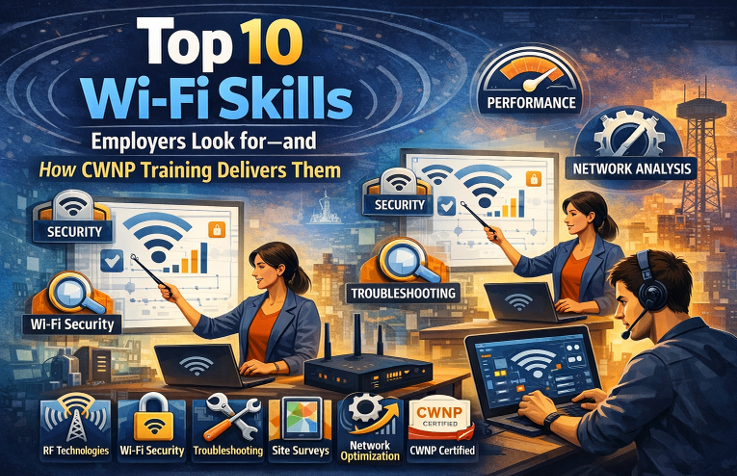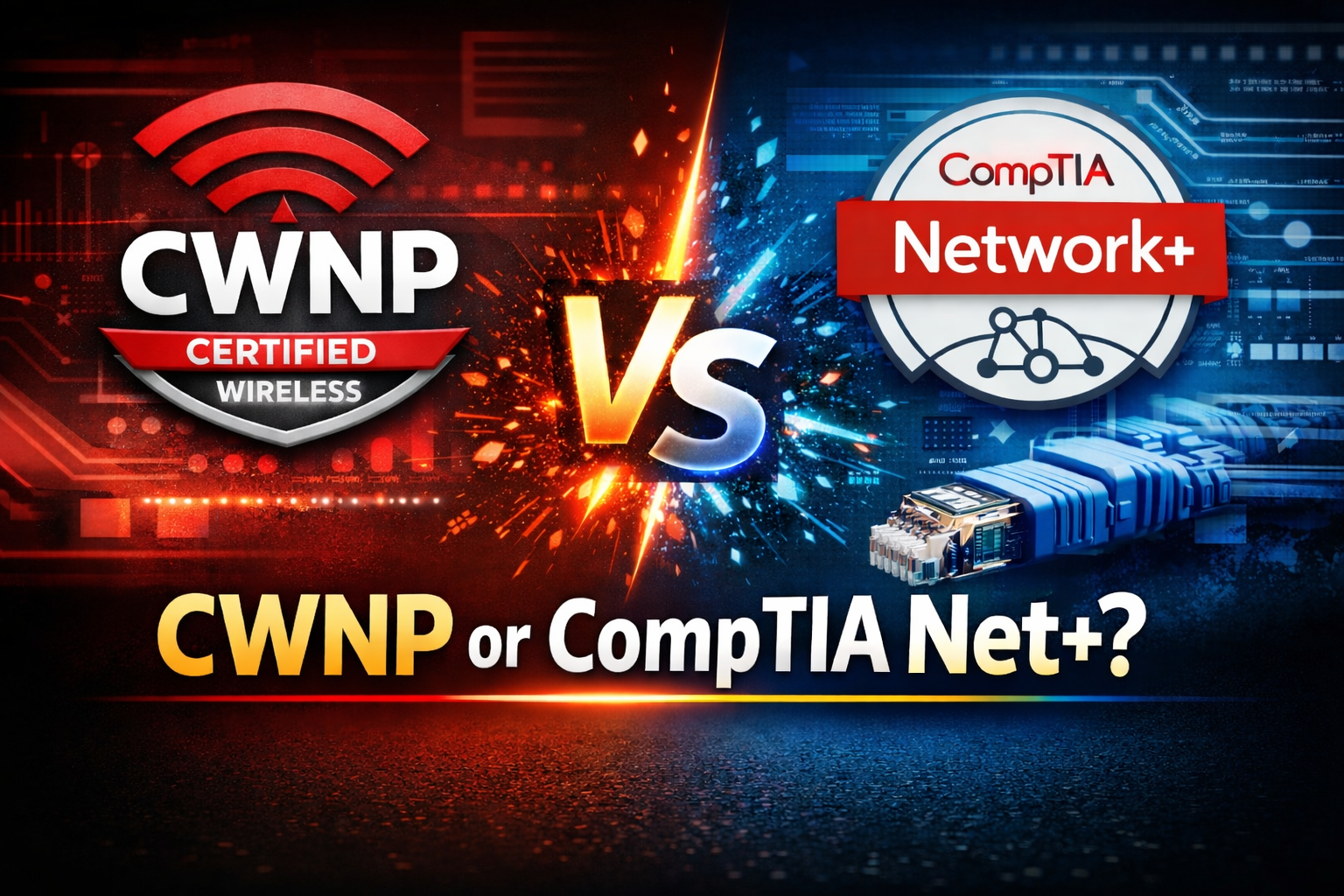Cisco Portfolio Update for 2020
Big Changes are Afoot!
Cisco has announced an update to its entire portfolio of classes. An update of this magnitude has never been attempted by Cisco and this mammoth task is due to be completed around February 2020. The New Year is bound to bring exciting changes!

In early 2020 almost all Cisco’s current portfolio of classes will be replaced or updated, and the whole system simplified.
There are a lot of positives to this new portfolio structure:
- following intensive job-task-analysis discussions, all certifications will come into line with, and be more focused on, up-to-date job requirements
- the certification system will be simplified
- Cisco’s prerequisite constraints will no longer be in effect
- some tracks have been combined
N ew to IT Networking?
Cisco will no longer offer its Cisco Certified Entry Network Technician (CCENT) certification. Instead, it will offer its Cisco Certified Technician ( CCT ) designation in the following two tracks:
N ew CCNA
The biggest initial change will be to the Cisco Certified Network Administrator ( CCNA ) certification.
In the past, Cisco required that its Cisco Certified Entry Network Technician (CCENT) certification was earned prior to engaging in CCNA study. This will no longer be the case.
CCNA will no longer have any prerequisites.
Additionally, CCNA is currently offered in multiple tracks. There are about 10 CCNA options to choose from. This is overwhelming for many students.
To help resolve the confusion, these will be wrapped up into one single CCNA. The new CCNA will be comprised of elements from the current CCNAs in Cloud, Collaboration, Data Center, Design, Routing & Switching, Security, Service Provider, and Wireless
There will only be two specialist Associate level alternatives: CCNA Cyber Ops, and CCNA DevNet.
The option most in demand will be CCNA.
Cisco Certified Specialist
This certification level – between CCNA and CCNP – offers Specializations or “badges” to indicate technical competence.
To obtain a Specialist certification the candidate will need only to successfully take one exam from any of the CCNP tracks. There will be a number of choices:
- Collaboration
- Data Center
- DevNet
- Enterprise
- Security
- Service Provider
The student can also select from Technical Specialist and Digital Transformation Specialist options. (For further information on available options, click here .)
CCNP Tracks
The Cisco Certified Network Professional ( CCNP ) certification will offer a number of tracks:
- Collaboration
- Data Center
- DevNet
- Enterprise
- Security
- Service Provider
The candidate will be required to successfully sit the track “Core” exam, plus one other from a number of options within the track.
- Collaboration = core + 1 from 3 alternative options
- Data Center = core + 1 from 4 alternative options
- DevNet = core + 1 from 8 alternative options
- Enterprise = core + 1 from 5 alternative options
- Security = core + 1 from 5 alternative options
- Service Provider = core + 1 from 2 alternative options
The new Enterprise track (which will contain elements of the “old” (current) CCNP Routing & Switching and Wireless) will consist of areas of focus into:
- IPv4 and IPv6 architecture
- Virtualization
- Infrastructure
- Network Assurance
- Security
- Automation
There will be a great number of options available in the new portfolio, along with additional “knowledge only” training classes to enrich the student’s experience.
CCIE Tracks
Cisco Certified Internetworking Expert ( CCIE ) is the “pinnacle” certification in the Cisco certification infrastructure. This will remain.
There are still even more options to choose from!
- Collaboration
- Data Center
- Design (CCDE)
- Enterprise Infrastructure
- Enterprise Wireless
- Security
- Service Provider
Gone are the prerequisite requirements at all levels. A student will continue to be able to start at CCIE level, however, this is not recommended.
=====
To see which Cisco training classes NC-Expert offers, click here .
=====
About NC-Expert
NC-Expert is a privately-held California corporation and is well established within the Wireless, Security, and Collaboration industry certification training, courseware development, and consulting markets.
Led by its Founder and CEO, Rie Vainstein, NC-Expert has won numerous private contracts with Fortune level companies around the world. These customers have depended on NC-Expert to train, advise, and mentor their staff.
If you are looking for the best in IT Network Training then call us today at (855) 941-2121 or contact us by email today.
The post Cisco Portfolio Update for 2020 appeared first on NC Expert.
NC-Expert Blog





